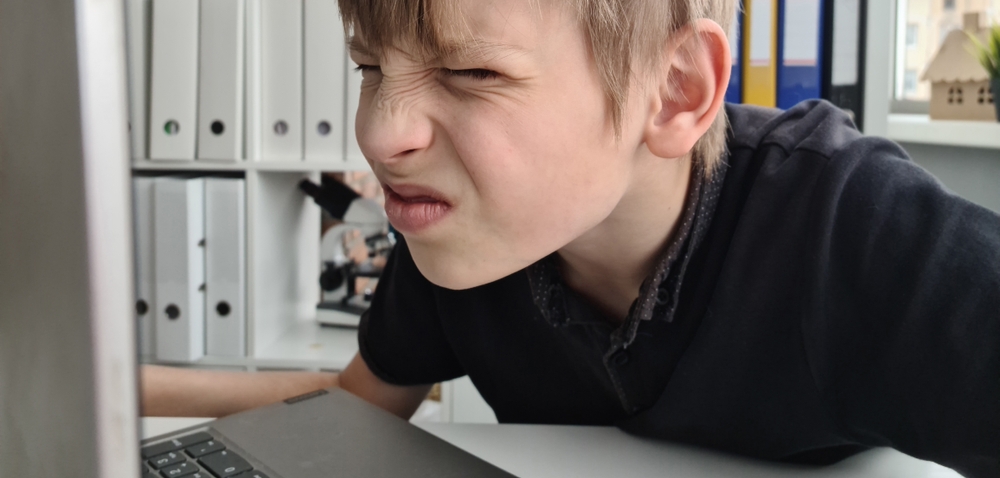
As a parent, you want your child to see the world. But kids often do not know when their vision is not right. They might struggle without realizing why. That is why it is important to watch for signs that your child might need glasses.
This guide will help you spot the clues and know when to see an eye doctor. With the right care, you can help your little one see better and enjoy life fully.
Common Signs Your Child Might Need Glasses
SquintingIf your child squints frequently, they might be trying to see more clearly. Squinting reduces the amount of light entering the eyes, improving focus.
Does your child sit close to the TV or hold books too close? This could be a sign they cannot see well from a distance.
If your child rubs their eyes often, it could indicate eye strain or fatigue from trying to see clearly.
Children might not always express discomfort. Yet, recurring headaches or eye pain can signal vision problems.
Vision issues can impact learning. If your child struggles with reading or has difficulty concentrating, poor vision could be the cause.
Sometimes, children cover one eye to see better. This might mean one eye has better vision than the other.
Understanding Vision Issues
Vision problems in children can include nearsightedness, farsightedness, and astigmatism. Nearsightedness makes distant objects appear blurry. Farsightedness affects the ability to see close objects. Astigmatism causes overall blurred vision due to the irregular shape of the cornea.
When to Visit an Eye Doctor
If you notice any of these signs, schedule an appointment with an eye doctor. Regular eye exams are crucial. Experts recommend children have their first eye exam at six months, then at three years old, and before starting school. After that, annual exams are ideal.
Eye Exams: What to Expect
During an eye exam, the doctor will test your child’s vision using various tools. They will check for clarity, focus, and eye alignment. These tests are painless and help detect issues early.
Benefits of Early Detection
Detecting vision problems early can prevent further complications. Proper vision is essential for learning and development. Glasses can improve your child’s quality of life. Prescription eyewear can help kids perform better in school and everyday activities.
How Glasses Help
Glasses correct vision problems by adjusting the way light enters the eyes. They can improve focus, reduce eye strain, and eliminate headaches caused by vision issues. Your child will see the world more clearly and comfortably.
Making Glasses Fun
Children might feel self-conscious about wearing glasses. Make the experience positive. Let your little ones choose their frames. Ensure the glasses fit well and are comfortable. Highlight how glasses will help them see better and succeed in school and play.
Encouraging Good Eye Health
Encourage habits that promote good eye health. Limit screen time to reduce eye strain. Ensure your child takes breaks during activities that require focused vision, like reading or using digital devices. Provide a balanced diet rich in vitamins that support eye health, such as carrots, leafy greens, and fish.
Being aware of the signs that your child might need glasses is important. Regular eye exams and prompt attention to vision issues can make a significant difference in your child’s life. If you suspect your child has vision problems, do not hesitate to consult an eye doctor.
For more on pediatric vision care, visit Bluegrass Vision Group at our Mount Sterling, Morehead, or Lexington (Hamburg), Kentucky, offices. Call (859) 498-4800, (606) 727-2800, or (859) 327-3701 to schedule an appointment today.
www.aao.org/eye-health/tips-prevention/children-eye-screening








